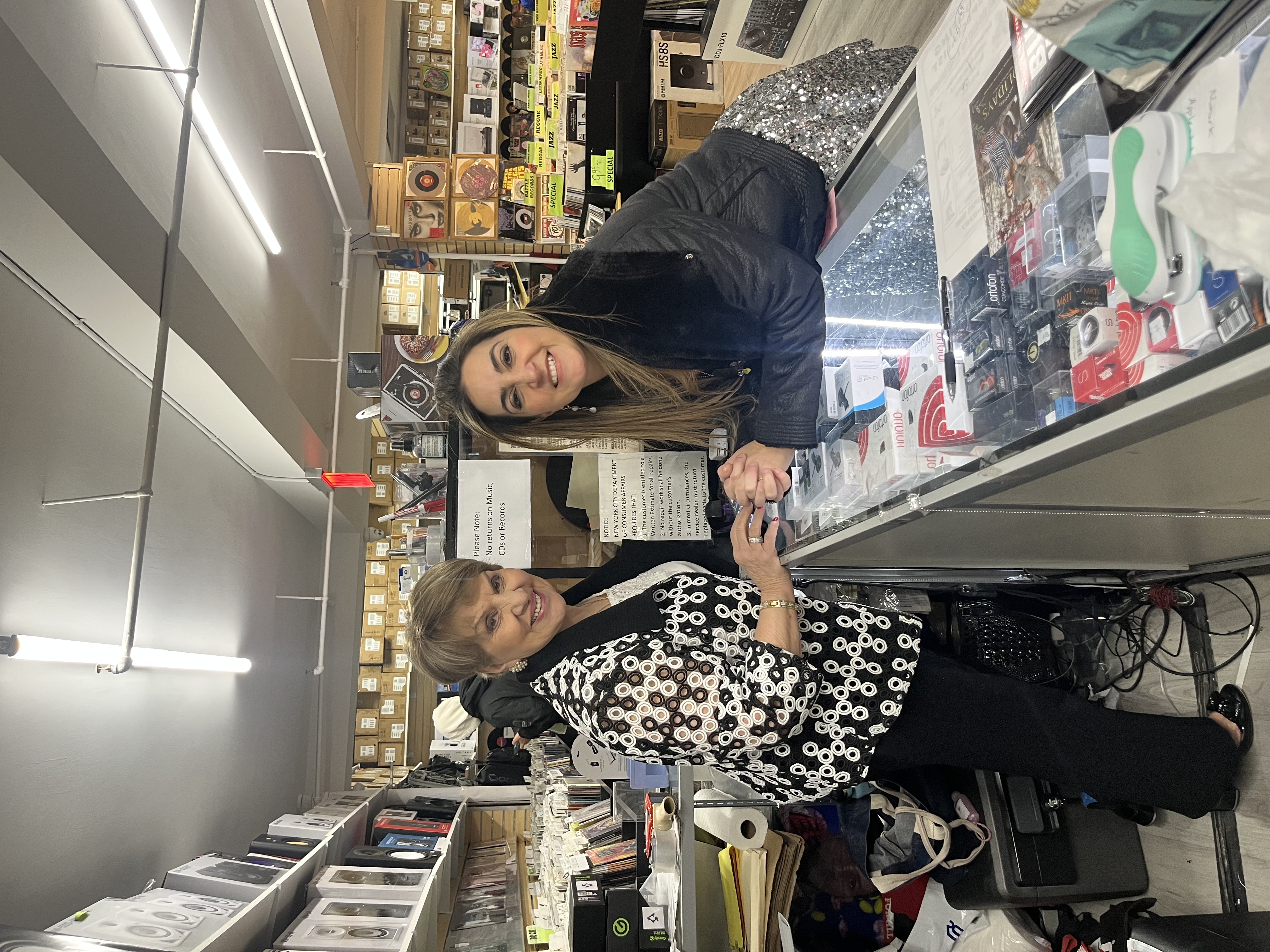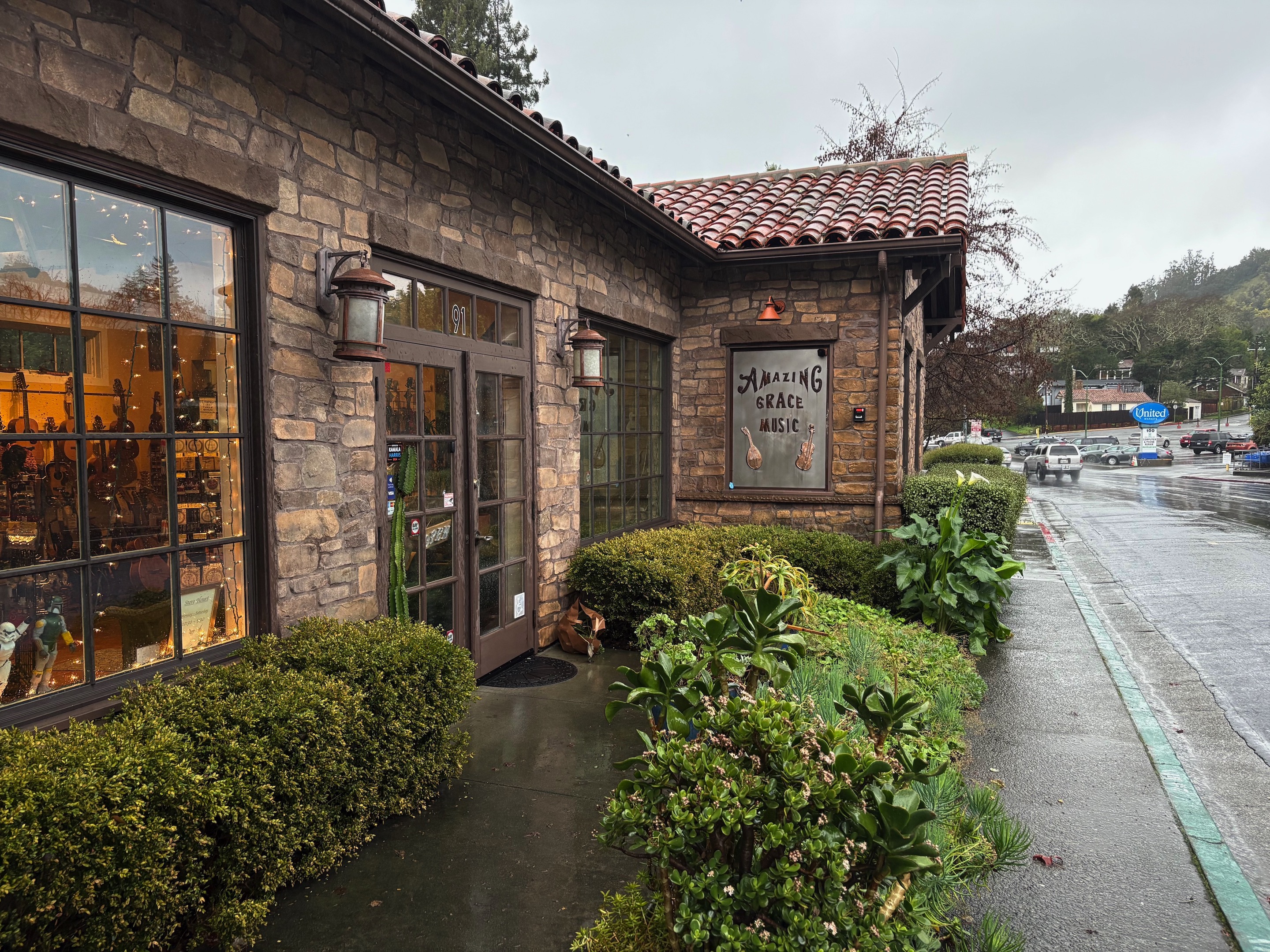
John Powell, President of AlphaTheta Music Americas
April 14, 2020 I From the Top, Q&A
From The Top: John Powell I Alphatheta Music Americas
By Michael Gallant
HQ: Torrance, California
Founded: 1994 as part of Pioneer Corporation, 2015 as an independent spin-off, and 2020 as AlphaTheta Music Americas
Employees: 30
Best selling product: “The DDJ-1000SRT, our four-channel performance Serato DJ controller, has been our top-seller in the Americas since it launched,” said Powell.
Fun Fact: Though best known for its DJ products under the Pioneer DJ brand, AlphaTheta oversees brands including Toraiz studio equipment, Pioneer Professional Audio, and the Kuvo dance music social network.
How do you start your day?
I start with a series of stretches and exercises to get the blood flowing and have a quick look at emails. There’s usually a slew of them from the headquarters in Japan since they’re working during our night. Then I go to the gym at least three days a week. Once I’m at the office, my body’s energized, my brain is at full speed, and I’m ready to roll. I’m a morning person and find that I’m most efficient and effective early in the day.
Given that you’re an international company, how often are you on a plane?
I usually travel once a month, not counting trade shows. I will normally visit HQ in Japan twice a year. Most of my travel is domestic, but I also visit Mexico and Brazil once a year. My goals for my travel are typically to focus on our dealers and distributors in the region I am visiting—to understand their business, how we treat them and what we could do better, and to convey information on new products and how we could support them in meaningful ways.
Why did the company change its name to AlphaTheta?
We wanted to disassociate from Pioneer Electronics when they were being sold. They got out of the DJ business in 2015 when we split off as a standalone company. Also, we’re doing lots of other things beyond DJ products. Our pro audio division is developing and growing quite a bit, and the same is true of our music production products. Pioneer DJ as a corporate name helped with DJs, our core business, but as we go into other areas with different varieties of products, the new name AlphaTheta reflects more about our passion. Alpha [and] theta waves are what happens in your brain when you’re zen-ing out with music, so there’s important meaning there.
“Sometimes if you’re in sales and try to give product feedback, you’ll get someone basically saying ‘Thanks for your comments, but you’re in sales, so go back to your desk.’ I love the fact that nobody tells me that.”
How exactly does the legacy of the Pioneer DJ name impact your business?
For DJ products, the name Pioneer DJ has a very strong pull, and we just celebrated the company’s 25th anniversary. Pioneer is synonymous with DJs. The challenge comes on our pro audio side. I have large-format, point source speakers—if I want to sell them to a club, that’s not a huge challenge, since clubs have DJs involved, but if I’m trying to sell to a house or worship, the initial response can be, “We don’t have a DJ in our church,” even though the product is a loudspeaker and having a DJ isn’t part of the equation. Also, at InfoComm, the Pioneer name doesn’t help. People think we make car stereos, even though we’re now a different company. All of that was part of the thinking when we changed corporate names.
Are you a DJ yourself—and are many of your employees?
Of the staff that [is] really customer-facing, about half are DJs here in our office, which includes sales and marketing for all the Americas. If you include our headquarters in Japan, it’s more. Personally, I know how to operate DJ equipment, but I certainly don’t consider myself a DJ. My technical strength and background [are] more in pro audio and, working with Pioneer DJ, I’ve come to understand the differences between audio and DJ mixers. I was already familiar with a lot of the effects on DJ mixers, thanks to my previous work selling guitar effects at Harman. But I’m not deeply passionate about the equipment as a strong DJ would be.
Would you consider that a blessing or a curse?
It’s actually helpful. I know [the] business and how to sell things, and my whole career has been built around selling things that I don’t personally use. When I was at Harman, I sold millions of DigiTech pedals. I never used them myself, but that doesn’t mean that I didn’t understand what our customers used, what they needed and what they wanted. So even though I can’t do a deep dive into our software per se, I understand what musicians are looking for. And DJs are musicians as much as guitarists are.
How do you see your role as president?
I’m a sales guy by trade. It’s what I’ve done my whole career, so I can’t turn that off. What I’ve also always done is try to have heavy involvement in product development—what the customers want from us, what feature sets we need to adjust, and what we need to get there. So my focus is on sales first, product development second, and beyond that, I’m heavily involved in marketing and looking at budgets. But really, I’m involved in all departments.
You’ve been leading the company for about a year now. How’s it going?
First, it’s an honor that a Japanese company put an American like me in that position of leadership—it’s not an everyday occurrence. And the role I have here as president is liberating. I love the ability to insert myself into any and every aspect of our business. Everything that I learned in college and throughout my career, I can apply all of it to solve problems, address issues, or guide somebody to do his or her best. Professionally, that’s extremely satisfying.
I take it other jobs you’ve had have not been that way.
Sometimes if you’re in sales and try to give product feedback, you’ll get someone basically saying “Thanks for your comments, but you’re in sales, so go back to your desk.” I love the fact that nobody tells me that. There’s no cage, and I’m not limited [to] what I can do to help the company.
How do you handle product development?
We have lots of ideas for really cool products, but beyond having a great idea, it’s important to know what the target market is. Some of our music production products are purely for niche markets, so as long as we know that going in, it’s fine. Our entry-level mixers sell hundreds of units each week while other products that are more niche and have a small but cool place in the market sell maybe dozens each month. It’s important to have a balance between the two.
How do you approach serving your core market of DJs?
We have a long list of innovative products and continue to push the envelope. As the industry matures, it does get harder to create groundbreaking products because so much has already been done. We just try to pay a lot of attention to what’s changing in technology and how we can help DJs be as creative and efficient as possible doing what they want to do. We want them to have as much flow as they can and not have technology get in the way.
What are you most excited about right now?
We just launched our new DJM-V10, which is a six-channel techno mixer. I’m super excited about it. It’s by far the closest I’ve seen any DJ mixer come to a high-quality audio mixer in terms of form and functionality. It has effects for DJs, but also four-band EQ on each channel, compressors, six inputs and outputs. Since I come from the pro audio side, we’re getting more into my world and it’s really exciting, especially since it’s not replacing anything we currently have. It’s something we’ve never done before. We have many products in many arenas, so it’s nice to add something that’s truly new.
Why is it important to you to marry the worlds of DJ mixers and high-quality audio mixers?
I love music and high-quality audio. To hear great music poorly reproduced to me is like scratching nails on a chalkboard. Pristine audio quality is one of my passions and something that I’m excited that we continue to bring to our products.
Where do you see the company in the next five years?
Overall, we are still number one in providing innovative and exciting products to customers, so I want the passion that so many customers share to continue. We can never lose sight of that. I like the fact that we are finally getting competition in the DJ product world because it forces us to up our game. It’s easy to get stagnant. So in five years, that competition is going to make us get even more innovative and try to give people who rely on our gear better products and competitive prices. In five years, our pro audio side will also have grown substantially. We already have lots of new products coming in. I expect that, in five years, that part will really be accepted and become a major player in the hospitality part of the business as well. I’m just excited to see everything we are doing [get] much farther along.
What do you do for fun?
I love spending time with my family doing outdoor activities like hiking, where we can have a good time and nobody’s connected to devices. I also like taking long bike rides by myself on the weekends for my own mental balance. We have two boys in college and one in high school, so during the summer, we like to take two weeks and go somewhere, have fun, just to be together.
If not music, what would you be doing?
I started in the restaurant business when I was a teenager and was offered management roles, but I turned them down. I didn’t want to be in that world for my whole life. I left that industry and went to JBL for the first time and have been very happy in the audio business ever since. So if I was not involved in music, the restaurant world is probably where I would still be working.











